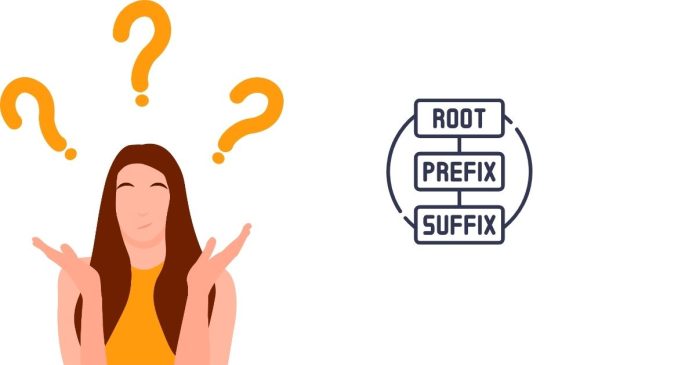The suffix “-tle” appears in several words in English, usually creating a noun form from a root, often signifying something small or diminutive, or it can sometimes imply a certain kind of action or quality. Here’s a detailed look at words that end with the “-tle” suffix:
1. Nouns:
- Bettle – A variant of “bettle,” meaning a type of insect (mainly used in some older or regional contexts).
- Cattle – Refers to large domesticated animals (such as cows or bulls), commonly used in farming.
- Hurdle – A barrier or obstacle in a race or an event, or to jump over something.
- Rattle – A sound made by objects that move loosely within a container, or an object, often used as a toy for babies that makes noise.
- Battle – A combat or conflict, typically between armies or groups.
- Tattle – To reveal secrets or gossip, often in a way that’s considered annoying or petty.
- Whittle – To carve or shape something (usually wood) by shaving small slices off.
2. Verbs:
Some words ending in “-tle” can function as verbs, implying actions related to the noun forms:
- Chuckle – To laugh quietly or with restraint.
- Muddle – To mix things in a confused or disorderly way, or to make a mess of something.
- Scuttle – To move quickly, often with short steps, or to run hastily.
- Tattle – To tell tales or report on others, often involving gossip or secrets.
- Bettle – Although it is an uncommon word, it can also refer to a verb meaning to act as a beetle (in some dialects).
3. Adjectives (Rare):
Though less common, some adjectives end in “-tle”, typically indicating smallness or a diminutive form.
- Little – The most well-known, signifying something small in size, quantity, or degree.
Many of these words are related to physical actions (such as rattle, chuckle, and scuttle) or objects (like cattle and battle), and they’re used in both everyday speech and figurative expressions.


